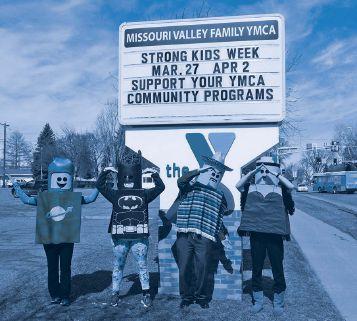
10 minute read
keep it in the family
With its retreats, workshops and conferences, the Prairie Family Business Association helps family businesses do just that
By tom dennis
SIOUX FALLS, S.D. – A company owned by a husband and wife, both of whom were getting on in years. An assortment of children and other relatives. An uncertain inheritance-tax and business environment.
And then, a catalyst: a retreat on transition planning, organized by the Prairie Family Business Association, an outreach program of the University of South Dakota.
From that 2008 retreat, a stronger Lloyd Companies of Sioux Falls emerged, one that not only remains family-owned but also has leveraged multiple family members’ talents into growing the 165-employee firm, company officials say.
What would have happened if the association had not offered the retreat?
“I’m pretty sure we would have sold the company,” said Christie Lloyd Ernst, Lloyd Companies’ senior vice president for property management.
“I mean, I really am, because of my parents and our family’s circumstances at the time. But because of the work we accomplished at that retreat, today we’re not just talking about transitioning it to my generation, we’re looking at how can we make this a true legacy that we can pass onto future generations.
“I think the Prairie Family Business Association saved our business at the end of the day.”
From its office in University Center in Sioux Falls, the association with its three-person staff plans meetings, sponsors workshops and organizes other activities to help owners meet the unique challenges of running a family business.
“We serve South Dakota, North Dakota, Iowa, Nebraska and Minnesota, and we’re the only association like this in this part of the country,” said Laura Schoen Carbonneau, executive director.
“We really focus on family businesses, which means providing resources and education so that they can continue to grow and flourish, and especially so that the families can hand down that business from one generation to the next.”
Accomplishing that transition is much easier said than done. That’s because a family-owned business is – well, family owned, Schoen Carbonneau said.
MORE ON: Page 66
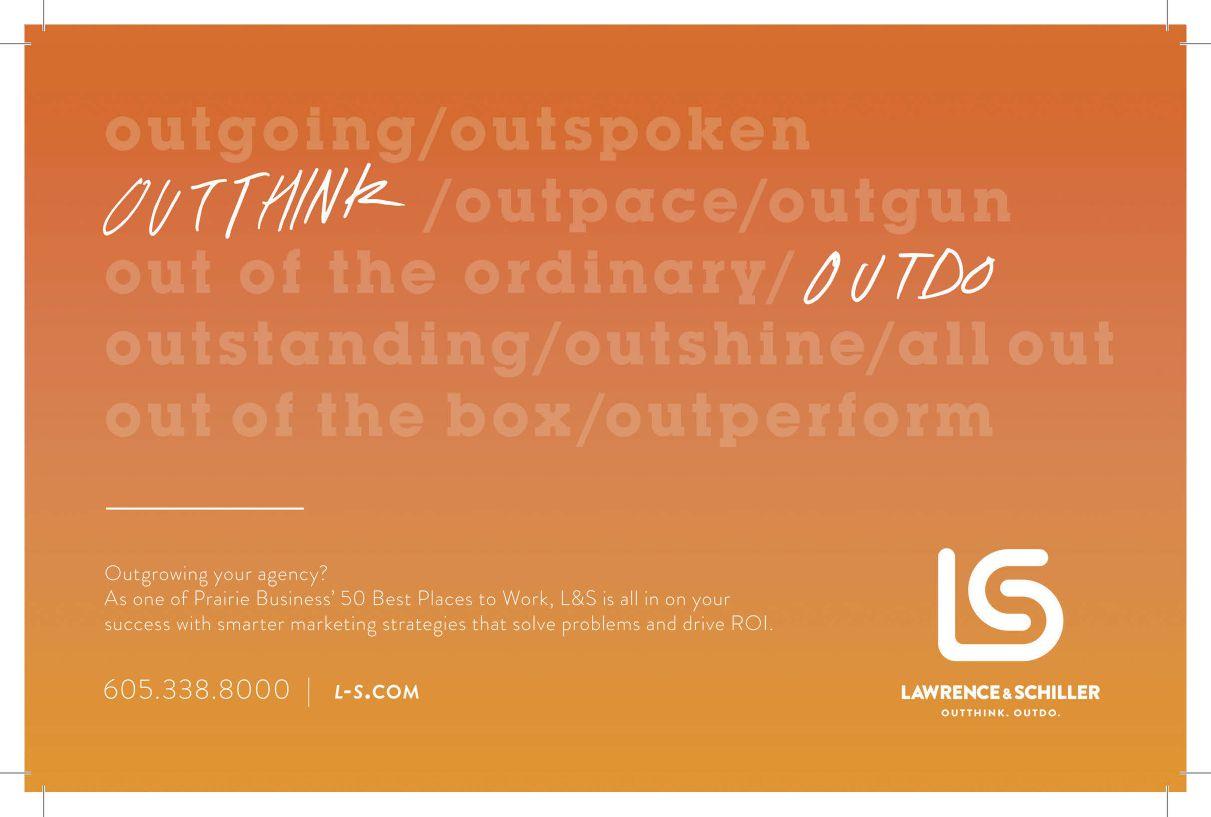
“If you’re the owner, then you’re working with your parents or your children or your cousins or your grandchildren. You have all of these family dynamics that come into play that you typically don’t have in a traditional business setting.
“And some of those dynamics are positive, while others can be a bit of a challenge to work through.”
That’s where the association comes in. Over the course of its 25-year partnership with USD, the association (which now counts 206 members) has thrived by targeting its services to family-owned businesses and their specific concerns.
Moffatt Products in Watertown, S.D., is one such company.
“We’re a 64-year-old manufacturing business,” said Dave Moffatt, company president.
“My dad started the business in Minneapolis in our basement. Today, we have second and third generations working in the business and loads of Generation Four grandchildren.”
Moffatt’s father, Dillon Moffatt, was an original sponsor of the Prairie Family Business Association at the organization’s founding. But the company and the association lost touch until 2014, when Dave Moffatt’s own sons expressed interest in joining the company.
“I was excited to discover that the association had become exactly what my father and others had envisioned: a practical, broad-based group, one that’s dedicated to family businesses and has very reasonable membership fees.
“We dove into everything and have been doing so ever since.”
The association’s services include:
• The annual Family Business Conference in Sioux Falls and North Dakota Business Forum, which rotates between Fargo and Bismarck.
At the Sioux Falls-based conference in April, a sellout crowd of more than 300 spent two days attending talks and workshops on such topics as Succession and Estate Planning, Family Relationships in Family Businesses and Building the Advisory Board of Your Dreams.
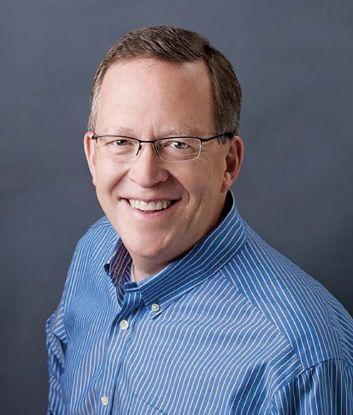
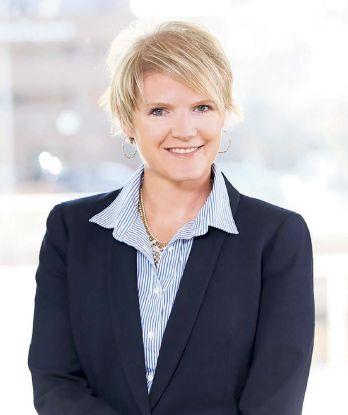
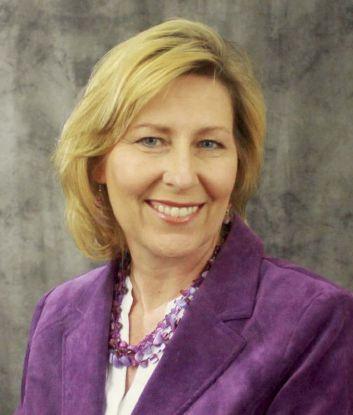
• Affinity peer groups. This unique and confidential service is one of the association’s most valuable, said Ernst of Lloyd Companies, who’s also a member and past chair of the association’s advisory board.
An affinity peer group is a group of about five to eight association members. The group meets periodically with each other and a professional advisor. The point is not just to talk about what’s going on in the businesses, but also to dig into each family’s dynamics, find answers and learn from each others’ experiences.
“I’m in an affinity group, my mom has been in one and my younger sister is in one as well,” Ernst said.
“It’s tough to talk about what’s going on in the business with my husband, because I don’t really want to bring all of that home. And there’s no one at work you can talk with, except for your siblings.
“And you can’t really talk about your siblings with them, either!” she said with a laugh.
“So the group gives me an outlet to work through some of the things that you deal with in a family business. It has been a huge part of the association for me.”

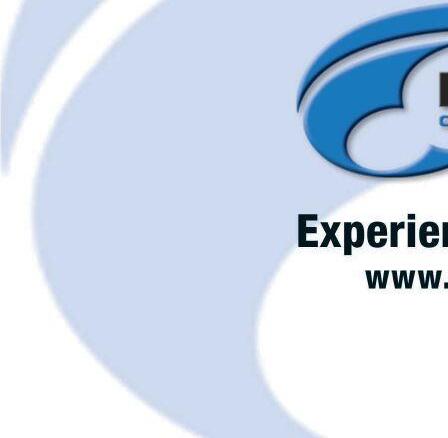


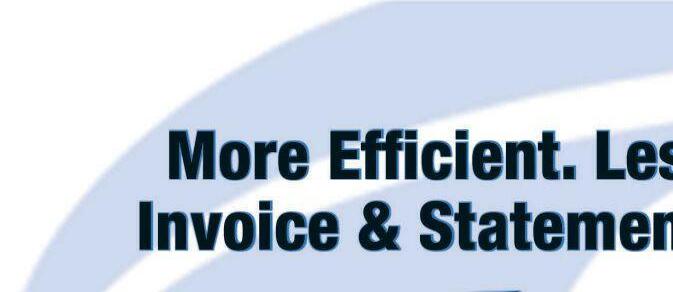

• Family business retreats. These intense, two- or three-day experiences see five or six families gather at an area resort, along with a facilitator for each family.
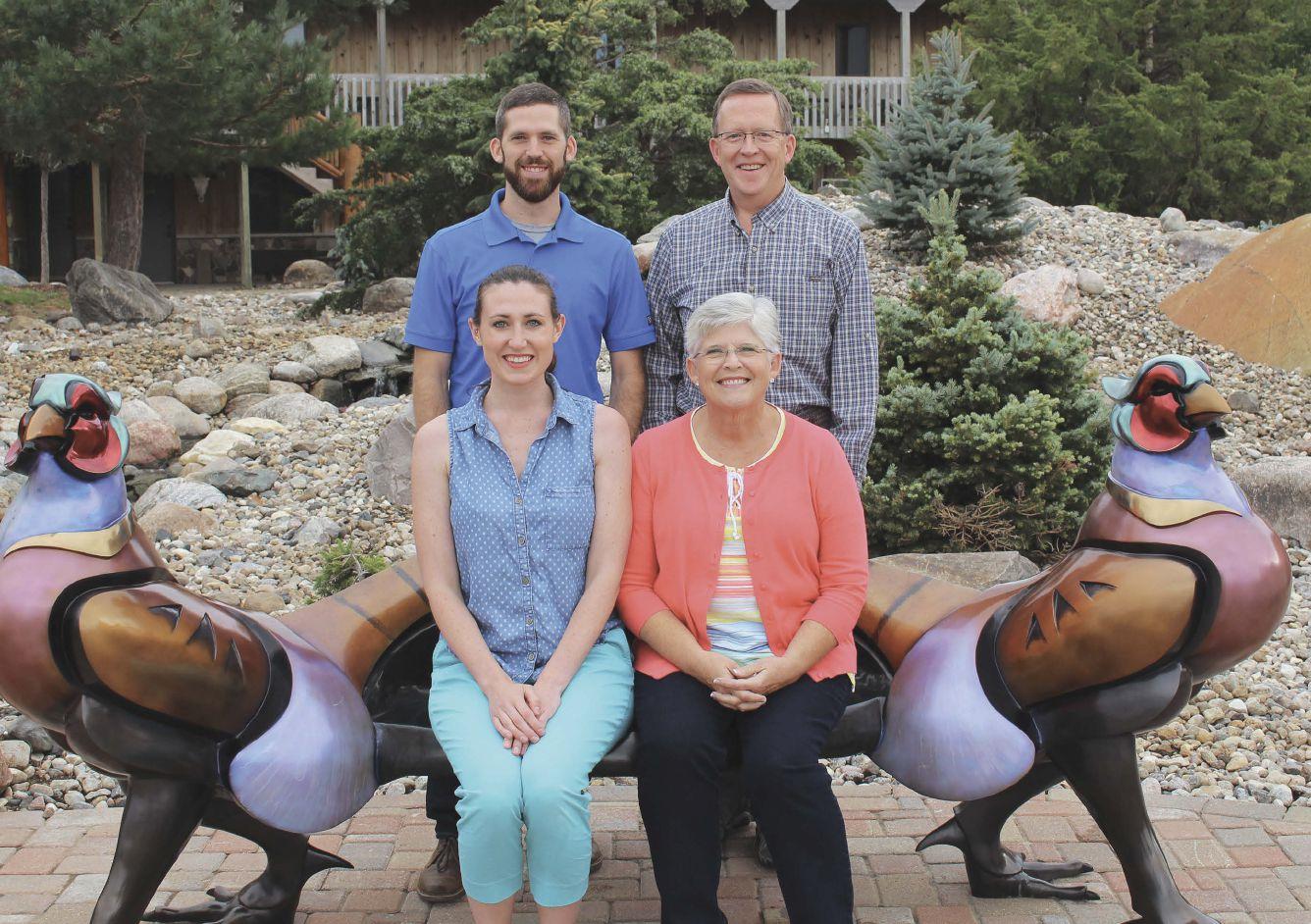
“There’s a keynote speaker and then breakout sessions with your own facilitator to work on your own family’s issues,” said Moffatt of Moffatt Products.
“It’s very intense, but also very productive, as it’s tailored to your own family and business.”
In his family’s case, “our facilitator said we’d be pushing fast forward on our transition planning, and that’s exactly what we did,” Moffatt said.
“We broke through into discussions that we just hadn’t been having, and we developed our vision for the next few years. We accomplished in one weekend what it would have taken 18 months to get through.”
• Live case studies, in which family business members meet with a group of professional advisors – attorneys, accountants, business strategists and the like – for high-level analysis and advice.
• Plus classes, webinars, awards and other services for members. Through its work, the association helps families keep their companies – and in doing so, it helps communities keep those families, Moffatt said.
“If you think about it, we’re constantly talking about the brain drain in South Dakota, about educating our children and having them leave the state,” Moffatt said.
“The association helps create a way for these local businesses to stay in the family and to thrive. As a result, that next generation of of leaders is more likely to stay.”
To sum up, the Prairie Family Business Association “is an amazing resource with a phenomenal staff,” Moffatt said.
“It enhances the ‘family-ness’ of your business, which is a force you can harness to be uniquely competitive. You can see the results in your own business right away; and through successful transition planning, those results can last for all time.”
Tom Dennis Editor, Prairie Business 701-780-1276
tdennis@prairiebusinessmagazine.com

Brenda Foster President & CEO
First Western Bank & Trust Minot, N.D.
WHERE DID YOU GO TO COLLEGE?
Minot State University
WHAT DID YOU MAJOR IN?
I initially attended Minot State and completed an associate’s degree in legal and general secretarial studies. I returned to obtain a bachelor’s degree in accounting with a concentration in banking and finance.
HOW HAS YOUR MAJOR INFLUENCED YOUR CAREER?
The education I received has provided me with the knowledge and skills needed to excel in my career. I just completed my 37th year in banking and enjoy every day.
Pat McAdaragh President & CEO Midco Minneapolis, Minn.
WHERE DID YOU GO TO COLLEGE?
Augustana University in Sioux Falls, S.D.
WHAT DID YOU MAJOR IN?
Accounting continued from Page 28.
HOW HAS YOUR COLLEGE MAJOR INFLUENCED YOUR CAREER?
My first job was as a staff accountant for Midco. My college major prepared me to be a successful accountant for any type of organization.
WHAT ARE SOME OF THE MOST USEFUL LESSONS YOU LEARNED IN COLLEGE?
WHAT ARE SOME OF THE MOST USEFUL LESSONS YOU LEARNED IN COLLEGE?
Learning how to work on a team through group projects stands out to me. I have experienced a tremendous amount of satisfaction in working with teams to accomplish common goals.
People can accomplish greater success when they work together. Communication, organization, accuracy, follow-through and hard work have been key elements throughout my career, and I learned to use those skills as I obtained my degrees.
WHAT ARE YOUR THOUGHTS ABOUT THE LIBERAL ARTS?
The liberal arts are important because they help students be well rounded, creative and good at problem solving and oral communication.
If students have the chance to also take business and technology courses, I’d recommend that they do so as those courses will enhance their career options.
The single most useful lesson was this: Do what what you need to do before you do what you want to do. Delaying gratification requires self-discipline, something I improved at each year while in college.
I received a liberal arts education at Augustana, and the liberal arts coursework helped me to become a well-rounded person. The literature, English, history, math and social sciences broadened my knowledge and helped me become more intellectually curious.
In my organizational behavior class, we studied leadership by doing case studies and forming mock management teams. That helped me better understand how people work together, and how leaders are identified in groups.
WHAT ARE YOUR
THOUGHTS ABOUT THE LIBERAL ARTS?
I am a big believer in getting a liberal arts education, with a major caveat: one size does not fit all. With four- and two-year degrees becoming more expensive, I strongly encourage college students to be very aware of their own personal balance sheet (still some accountant in me).
By personal balance sheet, I mean “what you own minus what you owe.”
Earning a college degree is really an investment in oneself, an investment in which the costs occur before the financial benefit is received.
So, going into debt to earn a degree for which there are no jobs or only low-paying jobs is not a good plan. Students pursuing liberalarts majors need to develop a career plan in which the major helps with the career choice (teacher, lawyer, writer and so on).
Choosing such a major simply because one likes it, but without a career plan, may make it tougher for the student to find a good job.
Bruce Vaaler President & CEO Vaaler Insurance Grand Forks, N.D.
WHERE DID YOU GO TO COLLEGE?
University of Iowa
WHAT DID YOU MAJOR IN?
Finance
HOW HAS YOUR COLLEGE MAJOR INFLUENCED YOUR CAREER?
Being part of a family business, I knew that I was most likely headed down the path of insurance, so I enrolled in the finance/ insurance program at the University of Iowa.
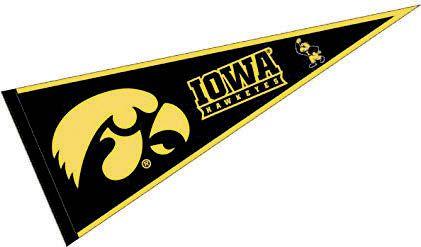
Eric Sivertsen CEO/partner
Epicosity Sioux Falls, S.D.
WHERE DID YOU GO TO COLLEGE?
University of South Dakota
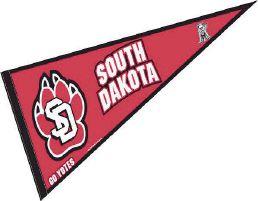
WHAT DID YOU MAJOR IN?
Short answer: business administration. Long answer: My counselor in college called me a “strange duck.” I took a bunch of business IT, marketing, finance and other classes to get a well-rounded education. This was before there was an entrepreneurship major or track.
I haven’t compared my classes with what an entrepreneurial major is now, but I sense they’d be very similar.
HOW HAS YOUR MAJOR INFLUENCED YOUR CAREER?
My major was important because I got a well-rounded education that prepared me to be an entrepreneur.
WHAT ARE SOME OF THE MOST USEFUL LESSONS YOU LEARNED IN COLLEGE?
I think the most important lesson I learned was determination. I was never gifted in math, so being a finance major was very hard. I spent a lot of time in the math tutoring department, struggling but determined to understand algebra and calculus.
I can still remember the day that things started to click – and from that point on, I felt like I could actually graduate with a finance degree.
I also learned that you need to finish what you start. Nobody ever graduates from college without finishing things, whether it’s a paper or a test. You can’t pass a class without finishing the process.
I continue to remind myself of that lesson to this day. If we don’t finish what we start, we can never win.
WHAT ARE YOUR THOUGHTS ABOUT THE LIBERAL ARTS?
Any degree shows commitment and accomplishment. We can teach specific insurance knowledge, and in many cases, we like to find candidates who have a general knowledge but a willingness and hunger to learn our industry.
Some of our most valuable employees have varied backgrounds that have nothing to do with insurance. It’s really the passion that we look for.
I wore a lot of hats when I started Epicosity, and although I don’t “do it all” any more, I advise everyone in the company. My background has helped me prepare for this.
In addition, I was extremely involved in clubs in college, which was the most valuable part of my college experience. I would apply things I learned in the classroom sometimes the same day. Last but not least, I worked a lot during college and did two internships. Classes provided the knowledge, and experiences outside the classroom provided the laboratory.
WHAT ARE SOME OF THE MOST USEFUL LESSONS YOU LEARNED IN COLLEGE?
Hard work pays off. College taught me how to learn at a high level, which I still have to do today to keep Epicosity moving forward.
WHAT ARE YOUR THOUGHTS ABOUT THE LIBERAL ARTS?
I tell students, “Know what your destination is, or at least have a sense of what you want to do with your career.”
Talk about your future with family, friends and yourself. I debated constantly about my future before and during college. That is why I had a clear-enough vision of what I wanted to do: I had spent the past four years talking about it and weighing options.
Some people don’t want to talk about this because of uncertainty, but discussion helps to clear up uncertainty and provide next steps.
SDSU Foundation names three www.bismarckymca.org
BROOKINGS, S.D. – The South Dakota State University Foundation recently named three people to new roles.
• Carolyn Poss is the foundation’s director of development administration. Poss previously joined the organization in 2015 as the gift planning coordinator. In her new role, she’ll oversee a team of coordinators as they support the development functions of the foundation.
• Jillian Eldridge was promoted to scholarship coordinator. In that role, Eldridge helps administer the nearly 2,000 scholarships funded through the foundation. The 2014 SDSU graduate joined the foundation in May 2016.

• Darcie Van Ede is the executive assistant to the vice president for development.
Van Ede joined the foundation in early July. She holds a bachelor’s degree in business management from the University of Sioux Falls.
